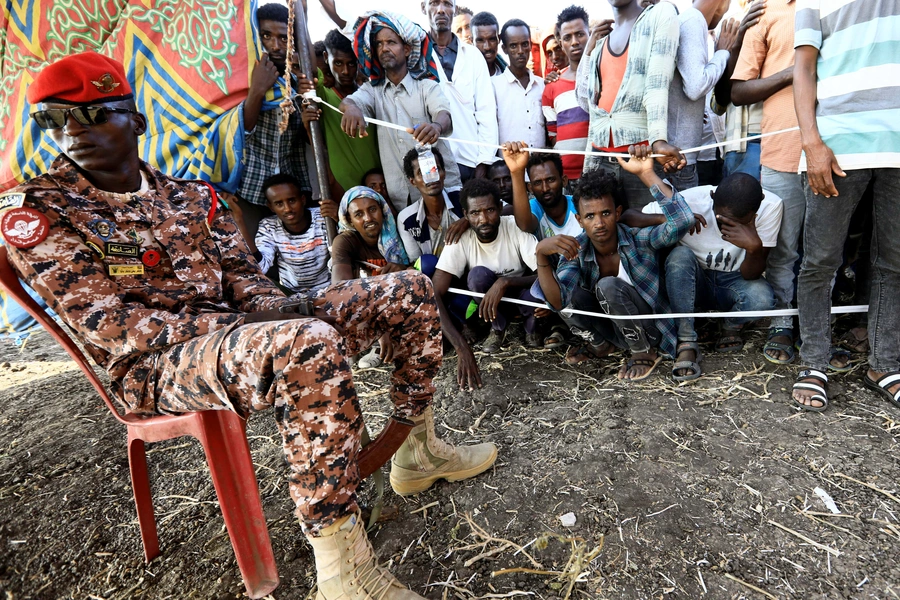Ethiopia-Sudan Border Dispute Raises Stakes for Security in the Horn

The crisis in Ethiopia’s Tigray region continues to demand international attention and action to remove barriers to the delivery of desperately needed humanitarian assistance; in a volatile and strategically important region, there is no more urgent priority. Yet at the same time, the international community must find the bandwidth and will to prevent tensions on the Ethiopia-Sudan border from escalating, threatening to make an already difficult situation far worse.
The specifics of the border between Sudan and Ethiopia have long been in dispute, but a 2008 compromise had allowed for a “soft border” in the al-Fashaga region, letting Ethiopian farming communities remain in place without surrendering Sudan’s claim to the territory. While the two states have different perspectives on the trigger for recent flare-ups in the area, what is clear is that both have amassed military forces along the border, creating the conditions for dangerous miscalculations.
More on:
It can be tempting for some to take comfort in the historical nature of the dispute—if this issue has been unresolved for decades, goes the thinking, perhaps it is not an urgent priority. But the context in which this area is contested has become incredibly volatile. Tense and thus far unsuccessful negotiations around the Grand Ethiopian Renaissance Dam and associated management of critical Nile waters have fueled regional antagonism and suspicion. Sudan’s own transition remains fragile and its future undetermined, but what is certain is that security threats provide ample opportunity to tip the scales in favor of the military rather than civilian reformers. In Ethiopia, the demands coming from Prime Minister Abiy’s shifting base of political support, and the questions arising from Eritrean involvement in the Tigray campaign, make chauvinism on the border issue seem like an appealing, or even necessary, position.
The international community must act to prevent these trends from locking regional actors into a calculus that results in conflict, which would only worsen the pathologies that plague both countries. As inconvenient as it is to add the Sudan-Ethiopia border dispute to the list of multiple, interrelated crises in the Horn that require urgent attention, it would be far worse to neglect the issue, substituting wishful thinking for concrete preventative action.
More on:
 Online Store
Online Store